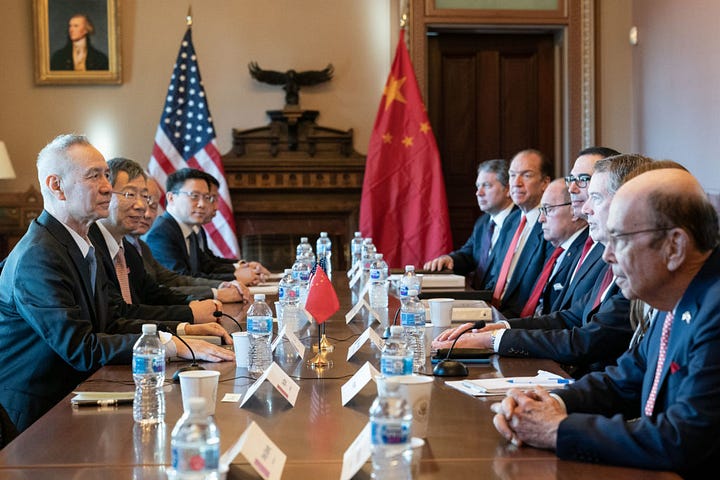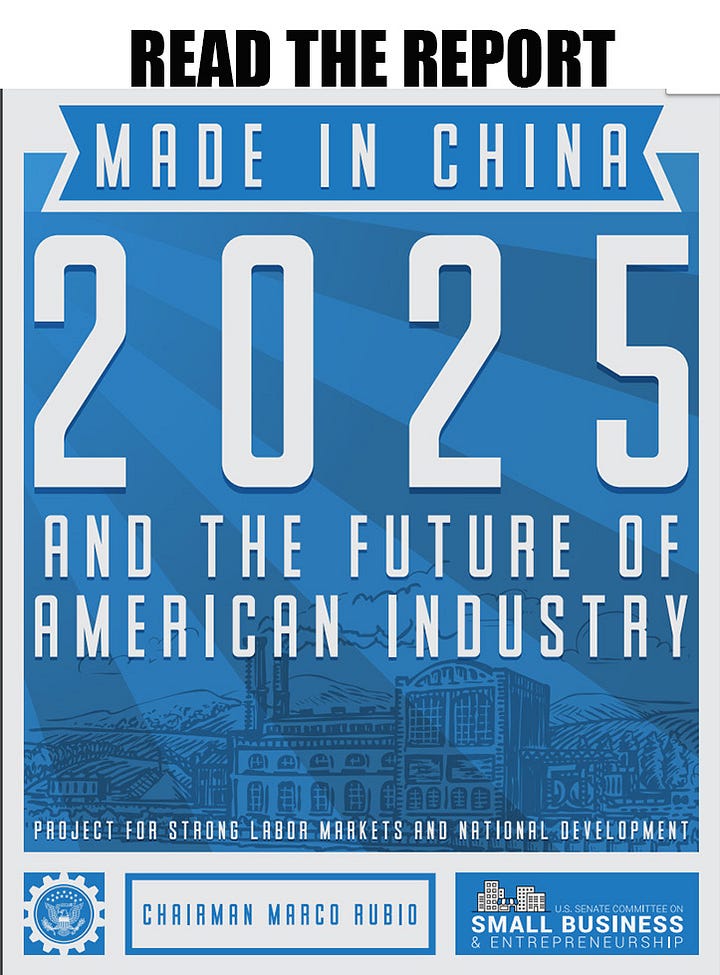A comment on the public policy of centralized economic development

I just spent several weeks navigating the SBIR.STTR grant support system as an uninvited outsider, which is to say as one deemed at the outset not qualified for support. The general assumption appears to be that the applicant will accept the adjudication from the first support organization approached and be done with it. I, however, decided to proceed to see if I could find an open door where I could apply on my own. Eventually through persistence I returned to my original starting point and this time passed through the door to have confirmed what I had already concluded.
Along the way I found a place where a public comment on policy can be submitted. Whether the commentary actually gets to anyone of significance, is not known but the following is written with such a purpose in mind.
This commentary is on the practicing policy of SBIR STTR grants, a civilian economic development policy embedded in a national defense act, perhaps because that is what it took to get the national defense act passed or because packing civilian policy into a national defense act gives it the cover of an enumerated federal power. I am of the opinion that the two should not be combined, and that federally managing the economy of the entire nation is not an enumerated power of the federal government.
I am an American citizen, female, small businesses person, and independent citizen-researcher on government economic development policy.
My family business was established by my parents on the rural coast of Maine as a business in a home in the 1950’s, an era when the United States had a strong middle class and the free enterprise system reigned.
My first encounter with the support system for the SBIR grants was through the Maine Center for Entrepreneurs.in partnership with the Maine Technology Institute, which is a public non-profit charity with a for-profit board, assigned by the Maine Legislature to be the singular gatekeeper of support for SBIR/STTR grants. All other channels referred back to MTI, described by one consultant as having “taken the SBIR grants under its wing” in the manner of speaking that uses the term “angel investors” to mean “high growth investors”
The first thing said to me was that MCE questioned if our business would qualify as a rural business, having only been a rural business located in Maine for sixty eight years.
In retrospect, I understand this statement meant that MCE questions if we would fit in with the federal governments solicitations. When I finally had an opportunity to meet with the MCI consultant, it was confirmed that the singular function of the support system is to match the applicant to a federal solicitation. The counselor justified this system by saying the solicitations are very broad categories but that does not change the fact that the system is functioning exclusively in service of the federal government’s purpose.
The next step after entering through the front door of State support services, was speaking with Mr Elrod at the federal level. Since I was denied support at the outset, by the time I finally met the consultant I had already been there, done that, and been dismissed without my scheduled phone interview, given the reason that Mr Elrod read the one page abstract and decreed that our project was not particularly innovative.
In all I met with five consultants, explored the website, and read relevant parts of the federal act and associated guide book. Throughout I was told that qualifying projects must be very risky and world changing.
Contrarily the SBIR/STTR Policy Directive defines innovation inclusively as
(t) Innovation. Something new or improved, having marketable potential, that includes the development of new technology, the refinement of existing technology, or the development of new applications for existing technology.
I take the approach that the federal act and the directive published in association with the federal act represents the proper measure of the program, as enacted. That doesn’t change the fact of how the act functions in practice.

The core of our business is a research and development, designing original ceramic glaze and body recipes, as well as all of the ceramic forms. Our business produces and markets products, wholesale and retail. The whole of our business spans the three phases of the SBIR grants as a complete system that begins with research and development, produces a product and follows it through to the marketplace.
I approached the grants believing what is stated on the website and the SBIR/STTR Policy Directive, but I soon realized that the act itself is conflicted.
The ideologically conflicting core of the act is between purpose(2) and purpose(3) as stated in the following paragraph:
© The statutory purpose of the SBIR program is to strengthen the role of innovative SBCs in Federally-funded research or research and development (R/R&D). Specific program purposes are to: (1) stimulate technological innovation; (2) use small business to meet Federal R/R&D needs; (3) foster and encourage participation by socially and economically disadvantaged SBCs (SDBs), and by women-owned SBCs (WOSBs), in technological innovation; and, (4) increase private sector commercialization of innovations derived from Federal R/R&D, thereby increasing competition, productivity and economic growth.
Purpose (2) implicates that the program is driven by the needs of the federal government acting in the manner of a corporation pursuing its own agenda, and (3) allows room for a individualistically-determined free enterprise system, where the government serves the interest of the people with an intent to be inclusive
Our business is women owned, rurally located, in a non-agricultural business. Although the USDA SBIR website states that one need not be in an agricultural business, I found no support dedicated to non-agricultural businesses.
Although the SBIR website says it encourages women owned businesses, the local women business center knew nothing about SBIR grants and referred us back to State central management. Nor did I find any support for women owned businesses on the USDA or SBIR website.
I would argue all free enterprise micro economy businesses are economically disadvantaged in a wealth redistribution economy that favors large corporations and non-profits, but that is another topic.
In the US Senate Committee on Small Business and Entrepreneurship Report, Made in China, 2025, and the Future of American Business, industries are designated to either to the developed or developing world. Certain industries, targeted by China, are classified as of major importance to the US economy.

The reason we are told that we should be concerned about China’s move toward economic dominance is because China is an increasingly oppressive totalitarian state, but if one compares what is written in the Senate report about a merging of the government and private sector in China with the entrenchment of the command economy in the USA, one is forced to consider how far the United States has slid down the slippery slope to the point that our government operates identically to the way that China’s government is described in the following paragraph of the Senate report.
Compare:
Reported to have been expressed by Wang Xiaochuan, the CEO of a Chinese search engine company. We’re entering an era in which we’ll be fused together. It might be that there will be a request to establish a Party committee within your company, or that you should let state investors take a stake, you know, as a form of mixed ownership. If you think clearly about this, you really can resonate together with the state. You can receive massive support. But if it’s your nature to want to go your own way, to think that your interests differ from what the state is advocating, then you’ll probably find that things are painful, more painful than in the past.” Made in China, 2025, and the Future of American Business. pg 39.
How is the direction in which China is moving different from federal solicitations used to marginalize a free enterprise driven economy by awarding SBIR STTR grants exclusively to projects that align with the interests of the state?
The fusing together of the private and public, for-profit and non-profit sectors into one centrally managed system that recognizes nothing outside of its self is already codified into law in Maine.
(2) use small business to meet Federal R/R&D needs; (3) foster and encourage participation by socially and economically disadvantaged SBCs (SDBs), and by women-owned SBCs (WOSBs), in technological innovation;
In practice the SBIR/STTR legislation, should be practiced as inclusive of purpose(3) by providing specific support for economically disadvantaged SBCs (SDBs), and by women-owned SBCs (WOSBs).
The United States needs to reconsider the federal government’s role in economic development, including where national defense policy ends and civilian policy begins. Since the seventies “merge” has been the name of the game, merging the public with the private, for-profits into the non-profits, the defense department into civilian policy. They call it innovation but in practice it is totalitarianism, a one way street. Innovation from the top down, only. Time for a reset!
Comments
Post a Comment